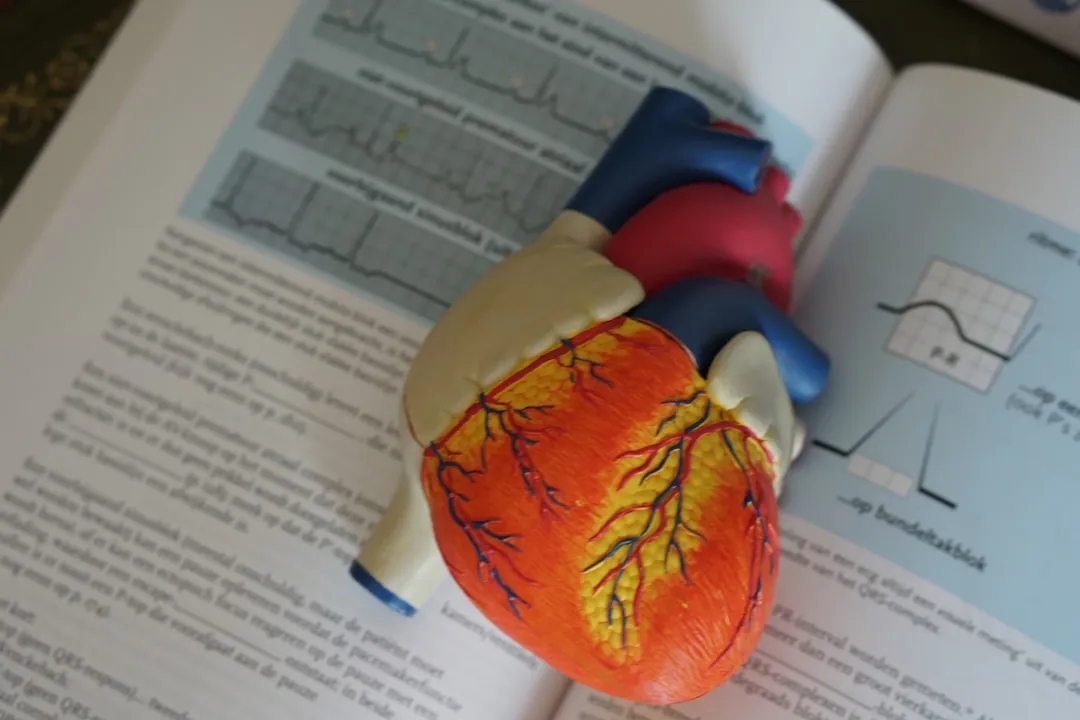Sleep apnea and the link to cardiovascular health: what you need to know
Raquel Rodriguez Martinez, MD, MPP
Sleep apnea is a common sleep disorder that occurs when your breathing is repeatedly interrupted during sleep. This can happen when the muscles in the back of your throat relax and block your airway. Sleep apnea can range from mild to severe, and it can have a number of serious health consequences, including cardiovascular disease. It is estimated that sleep apnea affects up to 425 million people worldwide (54 million in the U.S. alone).

How is sleep apnea connected to cardiovascular disease?
A recent study sought to better understand the impact of sleep apnea on cardiovascular risk. The researchers reviewed data from 4,600 adults who participated in longitudinal research studies. They assessed hypoxic burden (low blood oxygen while sleeping), ventilatory burden (apneic episodes while sleeping), and nighttime arousals (nighttime awakening due to interrupted breathing). They found that both hypoxic burden and ventilatory burden had a significant association with increased cardiovascular (CV) risk.
The data sets:
Osteoporotic Fractures in Men (MrOS)
-
2,627 men with average age 76
-
382 instances of CV event
-
Reduction in blood oxygen levels was associated with a 13% increase in CV disease risk
-
Airway obstruction was associated with a 12% increase in CV risk
Multi-Ethnic Study of Atherosclerosis (MESA)
-
1,973 men and women with average age 67
-
110 instances of CV event
-
Reduction in blood oxygen levels associated with a 45% increase in CV disease risk
-
Airway obstruction accounted for 38% increased CV risk

What can I do to reduce my risk of cardiovascular disease if I have sleep apnea?
If you have sleep apnea, there are a number of things you can do to reduce your risk of cardiovascular disease.
-
Get treatment
There are a number of effective treatments for sleep apnea, including continuous positive airway pressure (CPAP) therapy. CPAP therapy delivers a steady stream of air through a mask that you wear over your nose and mouth while you sleep. -
Lose weight
If you are overweight or obese, losing weight can help to improve your sleep apnea and reduce your risk of cardiovascular disease.
- Exercise regularly
Exercise can help to improve your overall health and well-being, including your sleep apnea and cardiovascular health.
- Quit smoking
Smoking can worsen sleep apnea and increase your risk of cardiovascular disease. If you smoke, quitting is one of the best things you can do for your health.
- Manage your stress
Stress can worsen sleep apnea and increase your risk of cardiovascular disease. Find healthy ways to manage your stress, such as exercise, journaling, therapy, or spending time in nature.
If you have sleep apnea, it is important to talk to your primary care doctor about your risk of cardiovascular disease. Your doctor can help you develop a treatment plan that will help reduce your risk and improve your overall health.
If you don’t have a primary care doctor or are unable to connect with your doctor, Empirical Health is here to help.
Get your free 30-day heart health guide
Evidence-based steps to optimize your heart health.
